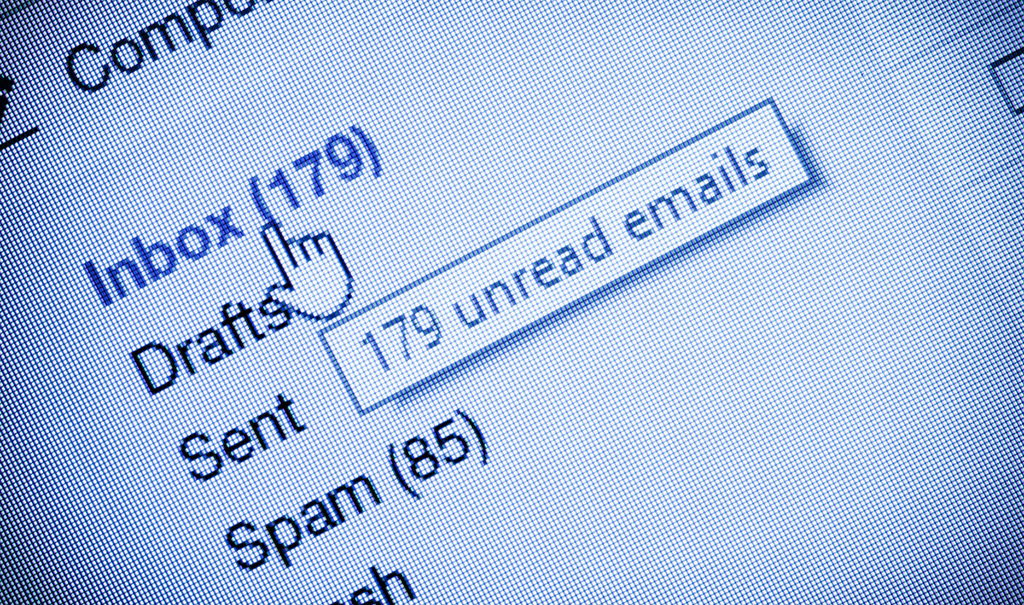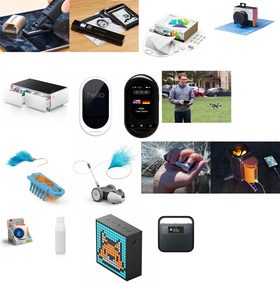News & Discussion
Smartphone innovation has been stagnant in the past few years. The processing power department has even seen the lower to mid-range segments close the gap with the high-end chipsets. This has resulted in a decline in sales volume of flagship devices even for the biggest manufacturers. Sure, there’s an ongoing battle against bezels which the flagships are winning but there isn’t a lot of functional improvements to handsets to merit an upgrade each year. The flagship segment, therefore, has taken a particularly heavy hit in this downward trend. Why buy a new top-of-the-line model when a cheaper or even an older smartphone can do almost everything you’d want?
Everyone in the industry, therefore, is desperately hard at work at reinventing the smartphone. Currently, they’re taking a cue from the laptop industry by focusing on multifunctionality. Specifically, Samsung and Huawei are taking the 2-in-1 route. Rumour has it that even Apple is developing a 2-in-1 device as well.
In this spirit, recently made a huge splash with their release of the Galaxy Fold. It’s essentially a 2-in-1 device that functions both as a smartphone and a tablet. It’s become the new phablet in a world where 6.0-inch screens have become the definition of a regular-sized smartphone.
But, as it is in the 2-in-1 laptop segment, it’s bound to compromise one or both aspects of what they’re trying to be. The most important 2-in-1 PC in the Surface Pro 6, for example, is a much better laptop than it is a tablet. The Galaxy Fold will probably make a similar compromise between a smartphone and a tablet. Which way it leans is something that we’d just have to figure out as we go along.
Build Quality
As you’d expect from a Samsung flagship, build quality is top notch here. The magnets and the hinges all feel durable. Being a foldable device however, there are some compromises to the build that could lead one to an opinion that it’s not a market-ready device.
In its folded orientation, there is a small Gorilla glass covered 4.6-inch display. By today’s standard, this is already considered a tiny screen. It is, therefore, best suited for interacting with notifications, changing music, and checking out what time it is.
Another thing to remember when in this orientation is that it’s twice the thickness of a regular flagship device. It’s a bit of a chunky 4.6-inch phone this way.
Unfolding the device is where most of its wow-factor is anchored. There’s something novel in seeing the screen for the first time. In this form-factor, it becomes a behemoth of a smartphone with 7.3-inches of screen. In this format, it feels closer to an iPad Mini than any other smartphone.
Screen
It’s difficult not to focus on the screen tech in any review of the Galaxy Fold. They’re calling it the Infinity Flex and it’s definitely something fresh and innovative.
It should be noted, though that there’s a visible crease where the screen unfolds. It’s a necessary evil that Samsung made sure to hide behind the lushness of the display itself. The absolutely brilliant screen more than makes up for it because it becomes virtually unnoticeable when you’re consuming content. It’s only on white backgrounds that the crease becomes visible and even then, it’s easy to ignore it much like the notch on the iPhone X.
Despite the plastic outer cover, the display is just as vivid and crisp as the best of them. This is because, underneath the plastic, there’s a class-leading Super AMOLED Display. It’s the same one found on the heralded screens of the Galaxy S10 line.
While the main screen is generally great, there are some compromises that had to be taken in order to achieve foldability. The most prominent of which is the use of plastic instead of glass. Another less noticeable compromise is the gap between the body and screen where it folds. This makes it a bit of dust magnet. You’ll surely have a couple of annoying dust particle in the screen within a few days of use outdoors. The third, most annoying screen quirk is the asymmetrical notch on the main foldable screen. It’s located on the top right corner which diminishes the viewing experience a little bit as it covers some of the content.
Specs
When it comes to power, the Galaxy Fold through and through a flagship-level device. It comes equipped with the latest Snapdragon 855 which is both more powerful and more efficient than the previous generation. It’s also coupled with a whopping 12Gb of RAM and 512Gb of storage. What this means is that you’ll be able to run just about anything on the Google Play Store without any performance problems.
The bigger size footprint also allows it to sport a 4,380 mAh which is one of the best in the smartphone market. It should also be easy enough to charge it because it has Quickcharge 2.0 and wireless charging capabilities.
Camera-wise, you can expect top-tier Samsung experience here. It’s got a total of 6 cameras – a mix of TOF sensors, telephoto lenses, and wide-angles similar to the S10+ configuration. The extra sensors are located on the main screen selfie shooters.
User Experience
It supports Samsung’s One UI which is a huge improvement on TouchWiz. It’s fully compatible in the recently released S10 devices. Those smartphones show what One UI is really all about.
It's a different story with the Galaxy Fold though. Both the UI and the Galaxy Fold are new to the smartphone world, so they’re not fully fleshed out yet; especially with each other. Suffice it to say that they’re still not in perfect sync yet. Some apps might not work with the full-screen mode on the foldable device.
Despite this incongruence, however, the device is still surprisingly usable. For the apps that do work with the full-screen mode, it works magically well. You can be more productive with some apps, for example, because the large screen shows a lot more information than the normal smartphone display. Specifically, Gmail shows three columns of emails.
The bigger screen also benefits content consumption and gaming as it makes the experience more immersive. Controls for games become much easier on a bigger screen. It’s important to take note of the notch though.
Is It Recommendable?
Overall, it’s a bold move for Samsung to release this device so early. Sure, there are still quirks and imperfections but those are arguably expected from such a fresh and innovative device. It’s definitely a risk which, at least right now, is not yet paying off. Currently, the smartphone’s release date has been moved due to display problems with early review units given to YouTube influencers.
For truly loaded smartphone enthusiasts, this is something that you can't let pass you by. For others who are just looking for the top-of-the-line performance, it's still a bit of a proof of concept than a finished product to use as your daily driver.












